A Comprehensive Guide to Choosing the Right Industrial Valve for Your Needs
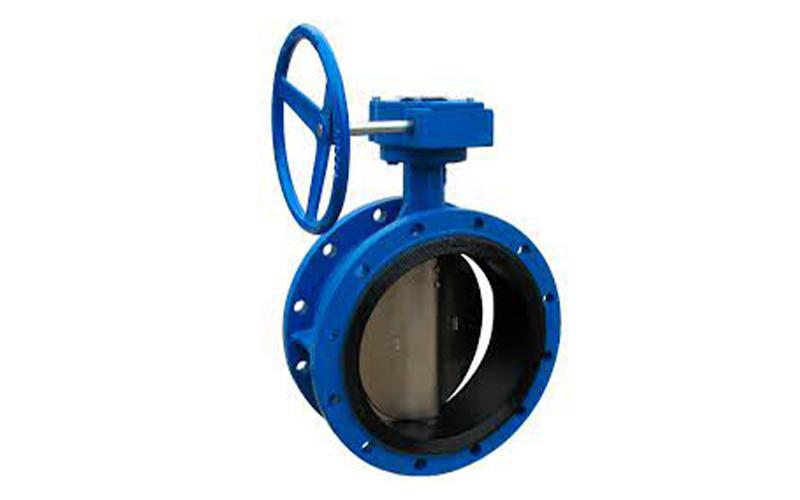
Choosing the right industrial valve is crucial for maintaining the efficiency and safety of your systems, whether in oil and gas, water treatment, or any other industrial sector. Valves control the flow of fluids, gases, and slurries, making them indispensable to industrial operations. However, selecting the most appropriate valve can be challenging given the wide range of options available. This guide will help you navigate the complexities of choosing the right valve by understanding the factors that impact your decision, including application requirements, valve types, materials, and manufacturers.
Understanding Your Application Requirements
The first step in selecting the right valve is to understand your specific application requirements. Ask yourself the following questions:
What type of fluid or gas will the valve control? Different valves are designed to handle various types of media, such as liquids, gases, or corrosive substances. For instance, if the media is highly corrosive, a valve made from stainless steel or other corrosion-resistant materials would be ideal.
What is the required flow rate? Understanding the flow rate is essential to ensure that the valve you choose can handle the necessary volume without causing damage or inefficiencies.
What are the pressure and temperature conditions? Valves must withstand the pressure and temperature of the system. If your application involves high pressure or temperature, you will need a valve designed specifically for those conditions.
Is there a specific size requirement? The valve size should match the pipe size to ensure a proper fit and avoid leakage or pressure drop.
What is the control requirement? Determine whether you need a manual, automatic, or remotely controlled valve. The level of automation may affect the type of valve you choose.
Types of Industrial Valves
Once you have a clear understanding of your application requirements, the next step is to consider the different types of valves available:
Ball Valves: These valves offer tight sealing and are ideal for quick shut-off applications. They are highly durable and perform well in high-pressure and high-temperature environments.
Gate Valves: Gate valves provide the best on/off control without causing pressure drops. They are commonly used in applications where a straight-line flow and minimum flow restriction are needed.
Globe Valves: Suitable for throttling applications, globe valves are excellent when precise flow control is required. They are commonly used in applications where flow needs to be adjusted regularly.
Butterfly Valves: Lightweight and cost-effective, butterfly valves are ideal for applications requiring quick shut-off and are frequently used in large pipe diameters.
Check Valves: These are designed to prevent backflow and are essential in systems where reverse flow could cause damage or disrupt operations.
Control Valves: Used in automation, control valves can regulate flow, pressure, temperature, and level of fluids by varying the size of the flow passage.
Each type of valve serves a specific purpose, and selecting the wrong one can lead to operational inefficiencies or even system failure.
Material Considerations
The material of the valve is just as important as its type. The choice of material should be based on the nature of the fluid or gas being controlled and the environment in which the valve will be used. Common materials for valves include:
Stainless Steel: Ideal for corrosive environments, stainless steel valves offer durability and resistance to rust and corrosion.
Cast Iron: Cast iron valves are robust and cost-effective, suitable for lower pressure and temperature applications.
Brass: Known for its anti-corrosive properties, brass is often used in smaller valves and plumbing applications.
PVC (Polyvinyl Chloride): PVC valves are lightweight, resistant to chemicals, and commonly used in water and waste treatment.
Why Choose Allied Valves India?
When it comes to selecting a valve manufacturer, quality and reliability should be top priorities. Allied Valves India, a leading valve manufacturer in Ahmedabad, offers a wide range of industrial valves designed to meet diverse application needs. Whether you need ball valves for high-pressure systems or butterfly valves for large-scale operations, Allied Valves India provides superior products made from high-quality materials. Their expertise in manufacturing and commitment to customer satisfaction ensures that you receive the most reliable and efficient valves for your specific requirements.
Additional Factors to Consider
Compliance with Standards: Make sure the valve complies with relevant industry standards such as ANSI, API, or ISO to ensure safety and quality.
Maintenance Requirements: Consider the maintenance needs of the valve. Some valves require frequent maintenance, while others are designed to be maintenance-free.
Cost vs. Quality: While it might be tempting to choose the cheapest option, remember that high-quality valves reduce the risk of system failure, operational downtime, and additional costs in the long run.
Reputation of the Manufacturer: Research the manufacturer's reputation in the industry. Check for customer reviews, certifications, and case studies to ensure that they have a track record of providing reliable products.
Conclusion
Choosing the right industrial valve is a critical decision that can impact the efficiency, safety, and cost-effectiveness of your operations. By understanding your specific application requirements, considering the various types of valves, and selecting a reputable valve manufacturer in Ahmedabad, like Allied Valves India, you can ensure that you make the right choice. Take the time to evaluate all factors thoroughly, and you will find a valve solution that meets your needs perfectly.

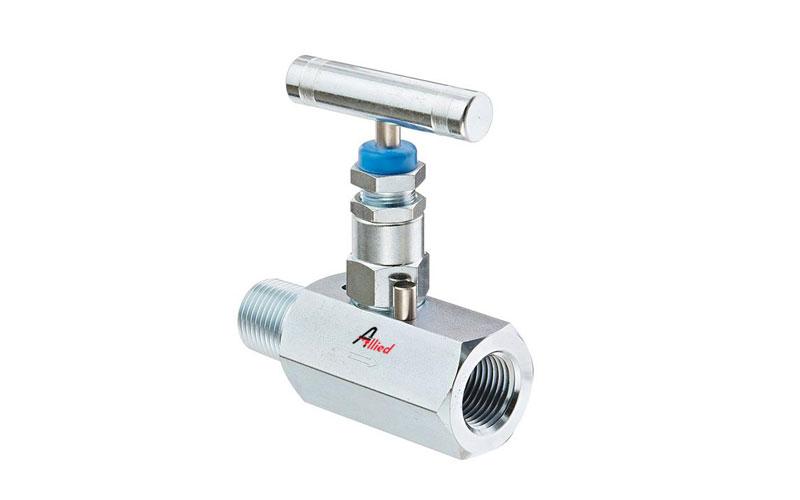



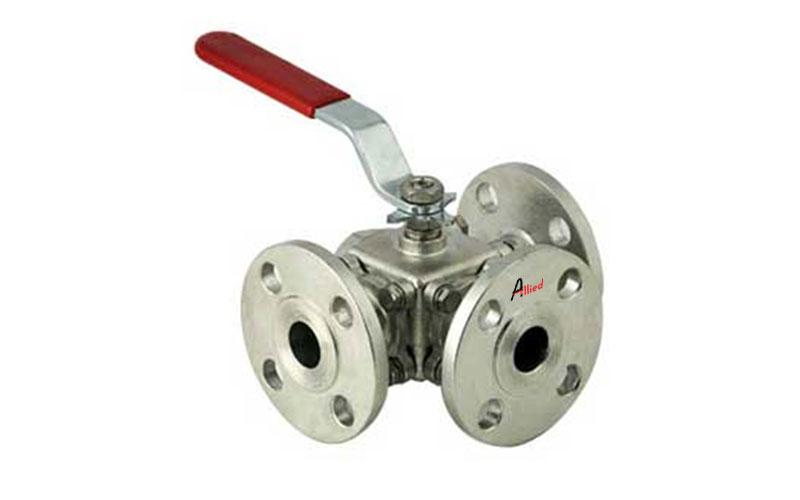
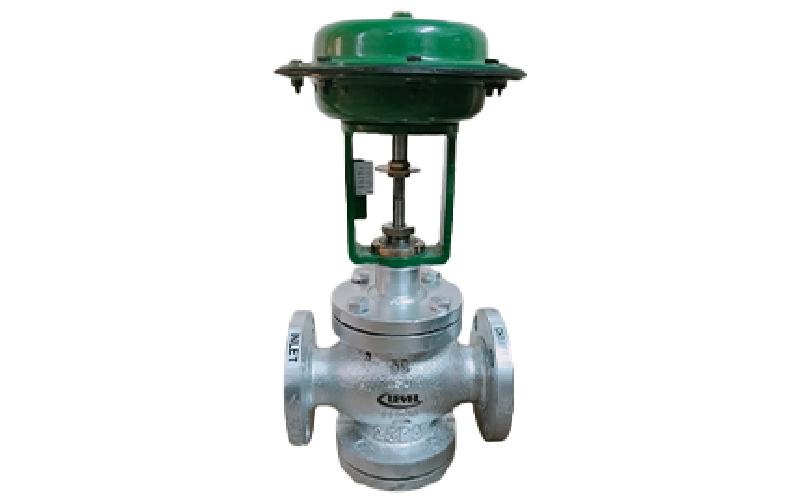
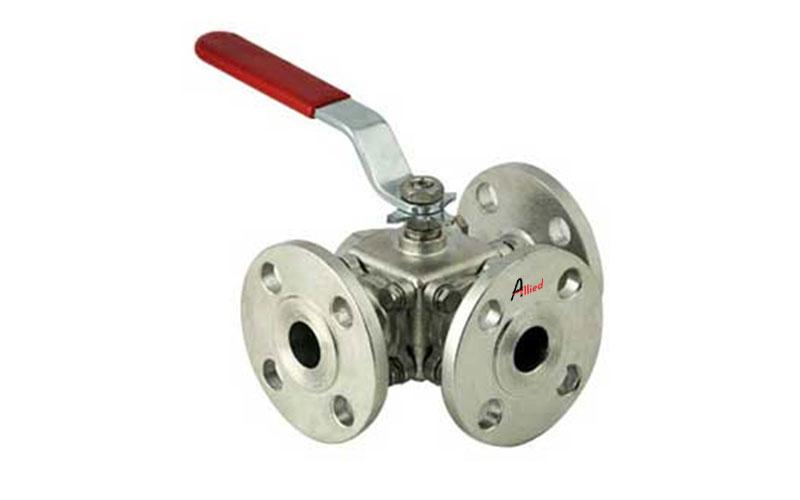

Comments